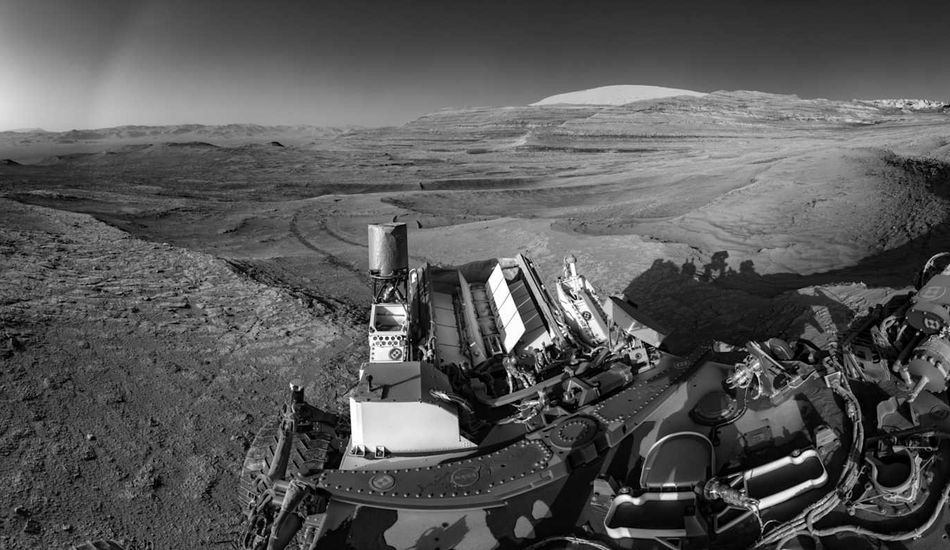
How NASA Extends the Life of the Curiosity Rover on Mars
Can you believe it's been 13 years since the Curiosity rover touched down on Mars? Originally planned as a two-year mission, it's still going strong, sending back valuable data about the Red Planet. And while it's still very much operational and doing science, NASA has had to make adjustments and give it new capabilities to ensure that it can keep running.
The mission's main goal? To figure out if Mars could have ever supported life. That's a pretty big question! To achieve that, NASA's Jet Propulsion Laboratory (JPL) team has had to get creative, especially when it comes to managing the rover's power.
Curiosity relies on a Multi-Mission Radioisotope Thermoelectric Generator (MMRTG). This basically means it uses the heat from decaying plutonium to generate electricity. Think of it like a really long-lasting battery, but as the plutonium decays, it takes longer to recharge.
Because of this, every bit of power counts. The team now carefully plans out each day, combining tasks to minimize energy use. For example, instead of having Curiosity do one thing at a time, they might tell it to chat with an orbiter while it's driving or moving its robotic arm. It's like multitasking to save battery life on your phone!
NASA has also been updating the rover's hardware and software. For example, they've tweaked the way the robotic arm drills for samples and improved its driving abilities. They even developed a clever algorithm to reduce wear on the wheels, which is essential for extending the rover's lifespan.
Since landing, Curiosity has made some incredible discoveries. It's found organic molecules in the Martian atmosphere and soil, detected surprisingly high levels of methane (a gas often produced by living things), and even found evidence of ancient megafloods. These findings are important because water could indicate the presence of life.
It's incredible to think about how much we've learned from this little rover. Who knows what other secrets Curiosity will uncover in the years to come? I, for one, am excited to find out!
Source: Engadget